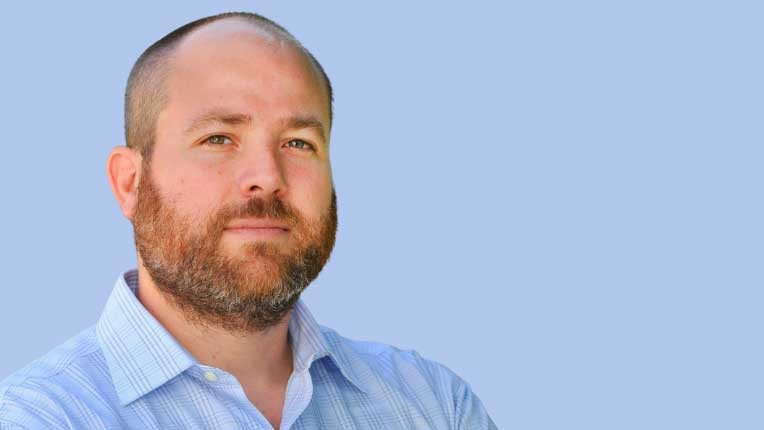Rodrigo Carrasco (GSAS’13), a member of the Santiago Center’s Advisory Board, has taken on a new position as Associate Professor in the Institute of Mathematical and Computational Engineering at the Department of Industrial & Systems Engineering at Universidad Católica’s (UC) School of Engineering, as well as Director of the UC Data Science Initiative.
“My research interest is in combinatorial problems and dealing with uncertainty in these settings. To do so, with our research team, we combine predictive and prescriptive analytics tools for uncertainty modeling with combinatorial optimization techniques and stochastic optimization, developing robust decision support tools for applied problems,” he says on his LinkedIn profile. “Particularly I’m interested in scheduling problems and the analysis and design of approximation algorithms to compute good solutions.”
Before signing on with UC, Carrasco was a professor at the School of Engineering and Sciences at Universidad Adolfo Ibáñez (UAI) and Academic Director of the Master in Industrial Engineering program, also serving as the Chief Engineering Officer at the Data Observatory Foundation. He founded and was the UAI Systems Center's initial director, a technology transfer center dedicated to solving complex real-life problems using operations research tools. His research focused on the design and development of decision support tools and algorithms.
Previous to joining UAI, he was a researcher at Siemens Corporate Research in Princeton, NJ, developing decision support algorithms for smart grids and energy management. Before that, he worked at Booz Allen Hamilton, leading operations research projects in Chile, Argentina, Brazil, Peru, and Canada.
Carrasco holds an Electrical Engineering degree and a Master of Science in Engineering, focused on control systems, from UC, as well as a Master's and PhD in Industrial Engineering and Operations Research from Columbia.

